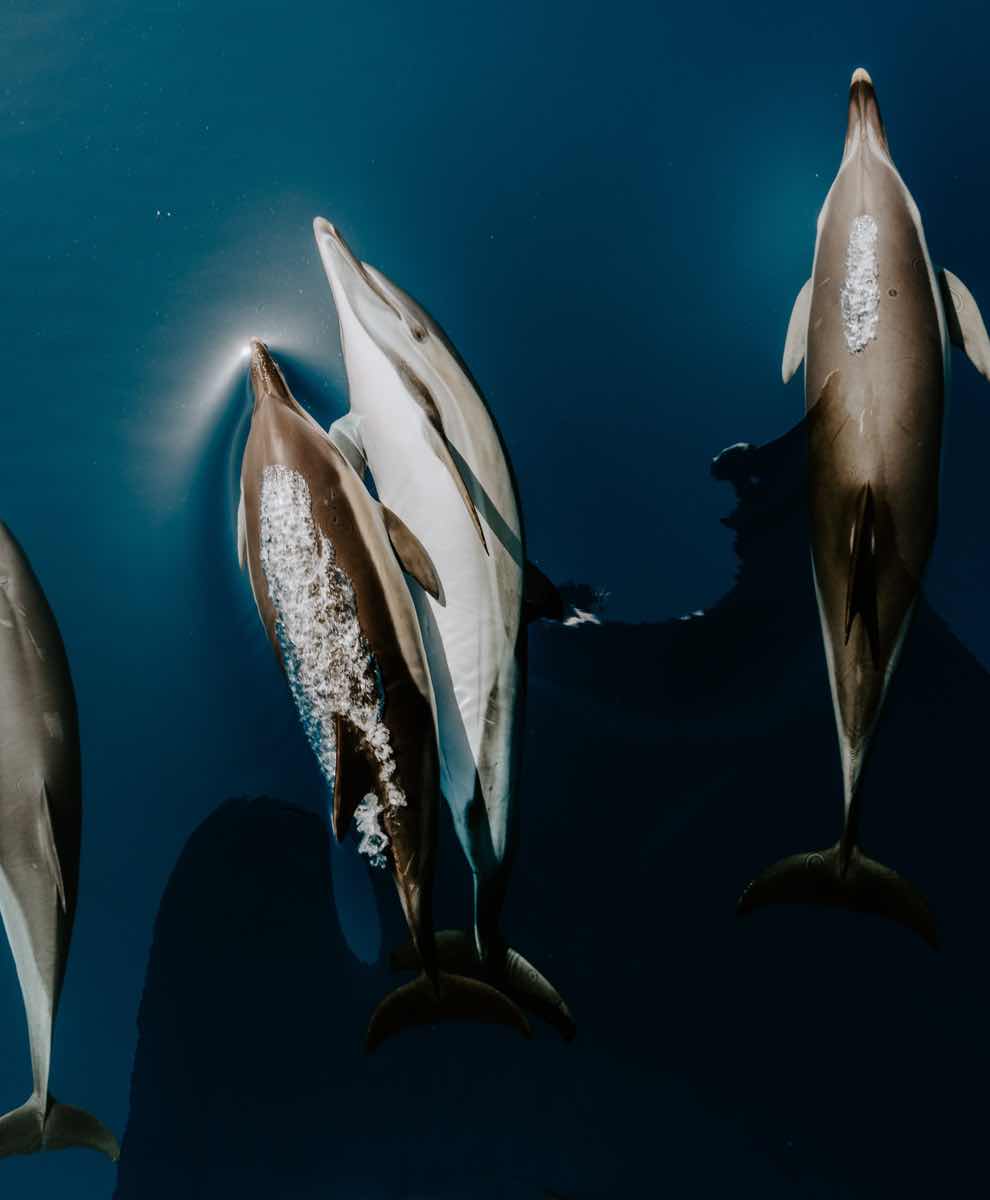This year has already broken records
As California enters an already historic and devastating wildfire season, little attention has been given to the issues that can make wildfires bigger, faster, and more dangerous to people and our nation’s treasured wildlands. Here’s a look at what’s behind the occurrence of forest and wildland fires today.
This year has already broken records, with the largest wildfire in the state’s history just one of many fires burning simultaneously through more than 2.5 million acres and forcing tens of thousands to evacuate their homes — all during a global pandemic where air quality and the ability to shelter-in-place are of critical importance to COVID-19 outcomes. In 2018, the Camp Fire in Northern California became the most deadly fire in the state’s recorded history. That same year, destructive fires burned in Southern California – the Woolsey and Hill fires engulfed iconic areas of Malibu and West Hills, leaving dozens dead, hundreds missing, and thousands of structures destroyed.
Some politicians and corporations spread misinformation and false solutions
Dramatic media stories tend to highlight what’s currently happening with firefighting efforts, but little attention is spent looking at the vast number of issues that influence wildfire behavior and how they impact people and our nation’s treasured wildlands.
Worse, some politicians and corporations spread misinformation and false solutions when fires burn in an attempt to capitalize on these emergency situations and push an anti-environmental agenda. Trump and his Department of the Interior have long parroted talking points from a logging industry that is trying to gut environmental safeguards and increase taxpayer subsidized logging on public lands.
The following list is not a specific analysis of current or recent events, but rather a wider look at trends impacting the occurrence of both forest and wildland fires today.
Obama Protects the Arctic Ocean
The Trump Twist
Trump came into office calling climate change a hoax and giving handouts to dirty energy companies. His plan to open up nearly every U.S. coastline to more oil and gas drilling was extremely unpopular, and in the case of the Arctic Ocean, it outright ignored the fact that Obama had already ruled out future leasing there.
Trump’s new offshore oil plan called for lease sales in the Beaufort Sea starting in 2019 and the Chukchi Sea in 2020. In response, Greenpeace joined with other groups in a lawsuit to challenge the plan in court. Earthjustice and the Natural Resources Defense Council led the litigation, representing Greenpeace along with Alaska Wilderness League, Center for Biological Diversity, Defenders of Wildlife, League of Conservation Voters, Northern Alaska Environmental Center, Resisting Environmental Destruction on Indigenous Lands (REDOIL), Sierra Club, and the Wilderness Society.
The key issue was that when Congress enacted the Outer Continental Shelf Lands Act (OCSLA), it gave the president authority to withdraw areas from oil and gas leasing, but made no mention of revoking previous withdrawals.
John Doe Tweet



